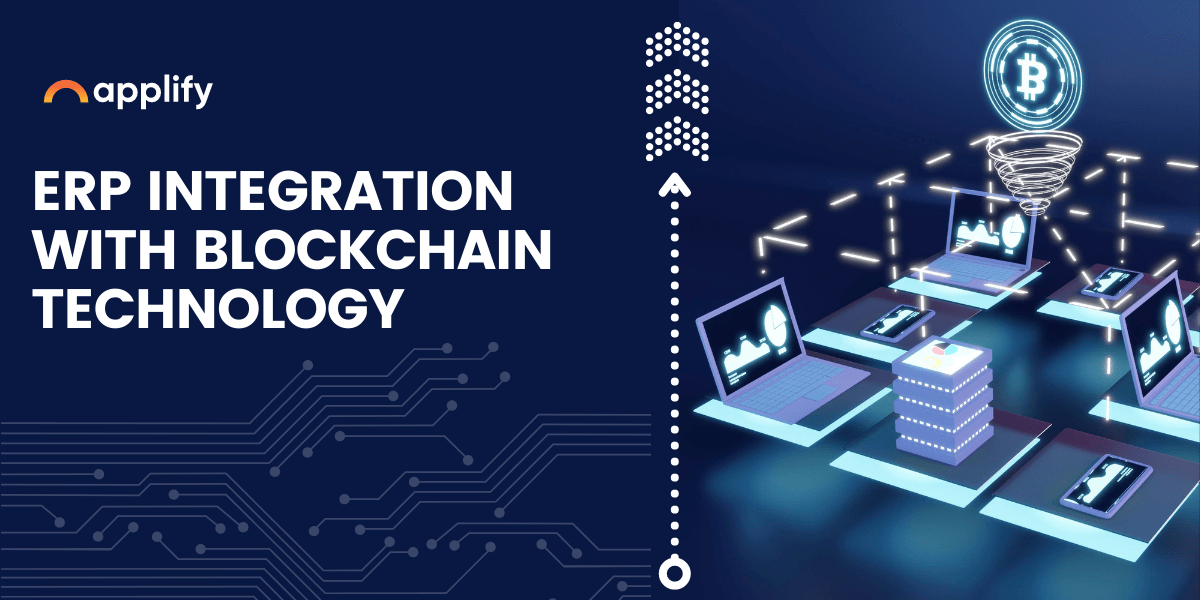
Revolutionizing Business Operations: The Power of Blockchain
Blockchain technology has emerged as a transformative force, offering unprecedented opportunities to revolutionize various aspects of business operations. From enhanced security to improved transparency, businesses are increasingly integrating blockchain into their processes to drive efficiency and innovation.
The Foundations of Blockchain:
At its core, blockchain is a decentralized and distributed ledger that records transactions across a network of computers. This technology relies on cryptographic principles to ensure the security and integrity of data. Each block in the chain contains a timestamped record of transactions, creating a transparent and tamper-resistant system.
Enhanced Security and Trust:
One of the primary advantages of blockchain in business operations is its inherent security features. The decentralized nature of the technology makes it resistant to hacking and fraud. Once a block is added to the chain, altering its contents would require altering all subsequent blocks, making it virtually impossible to manipulate data without detection.
Smart Contracts for Automated Processes:
Blockchain introduces smart contracts, self-executing contracts with the terms of the agreement directly written into code. This automation eliminates the need for intermediaries, streamlining processes and reducing the risk of errors. Smart contracts can be applied in various business operations, from supply chain management to legal agreements.
Transparent and Traceable Supply Chains:
Blockchain’s transparency is a game-changer for supply chain management. Businesses can trace the journey of products from raw materials to the end consumer with unparalleled visibility. This transparency not only helps in detecting and preventing fraud but also in ensuring ethical and sustainable sourcing of materials.
Improved Cross-Border Transactions:
Blockchain facilitates faster and more cost-effective cross-border transactions. The traditional banking system often involves multiple intermediaries, leading to delays and additional fees. Blockchain enables direct peer-to-peer transactions, reducing the time and costs associated with cross-border payments.
Decentralized Finance (DeFi) Revolution:
The rise of decentralized finance, or DeFi, is reshaping traditional financial services. Blockchain enables decentralized lending, borrowing, and trading without the need for traditional intermediaries. This not only provides more financial inclusion but also reduces the dependency on centralized financial institutions.
Identity Management and Authentication:
Blockchain enhances identity management and authentication processes. Individuals can have more control over their personal information, and businesses can verify the authenticity of users more efficiently. This is particularly valuable in industries like healthcare, finance, and e-commerce where secure identity verification is crucial.
Tokenization of Assets:
Blockchain enables the tokenization of assets, representing ownership of real-world assets digitally. This opens up new possibilities for fractional ownership, making high-value assets more accessible to a broader range of investors. Real estate, art, and even intellectual property can be tokenized on blockchain platforms.
Challenges and Regulatory Considerations:
While blockchain offers immense potential, businesses must navigate challenges and consider regulatory implications. The evolving legal landscape and concerns about data privacy require careful consideration. As the technology matures, regulatory frameworks are also adapting to accommodate the integration of blockchain in various industries.
To learn more about Blockchain in business operations, visit businessinc.my.id. Explore how the power of blockchain is reshaping business operations, driving innovation, and creating more secure and transparent ecosystems.
